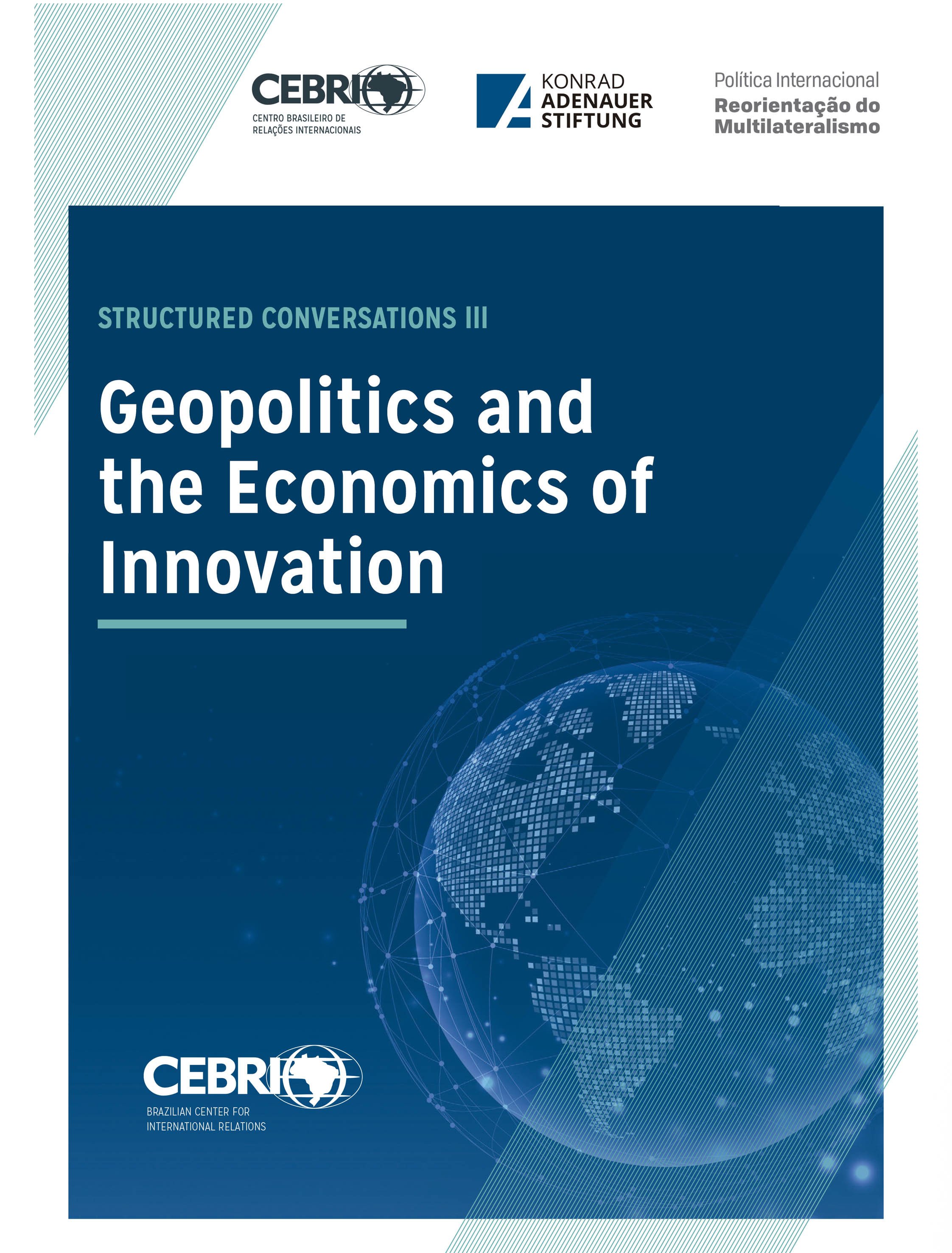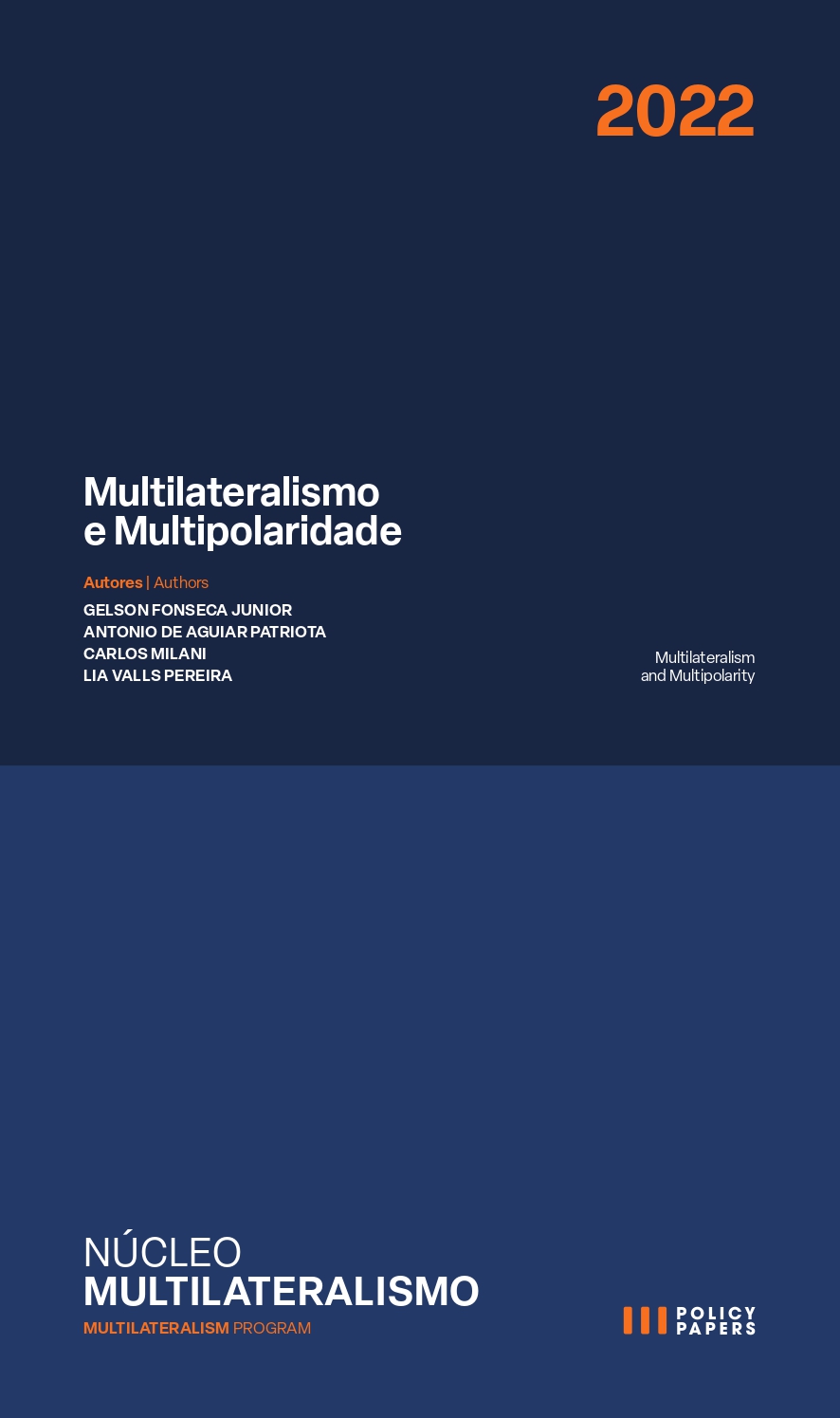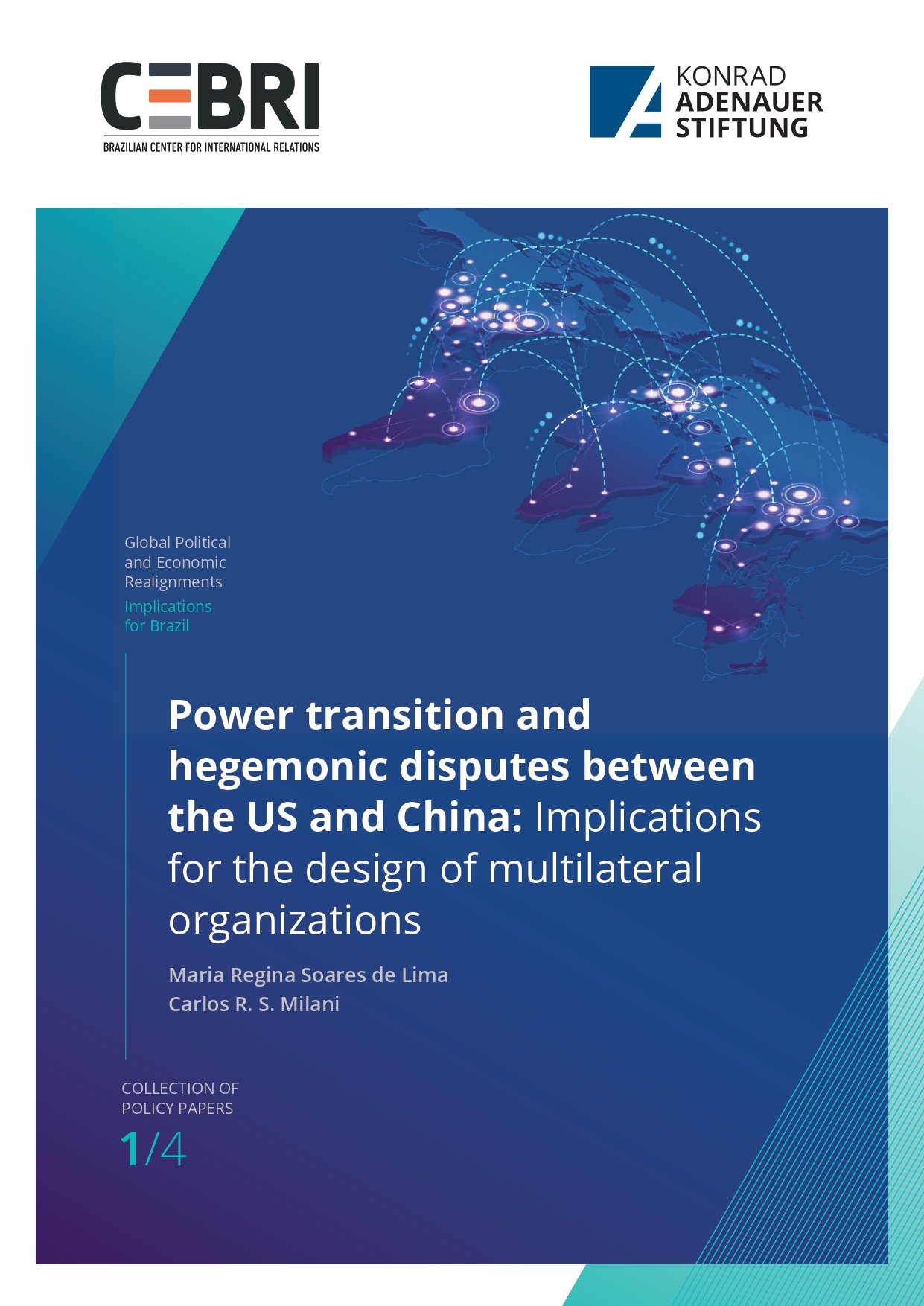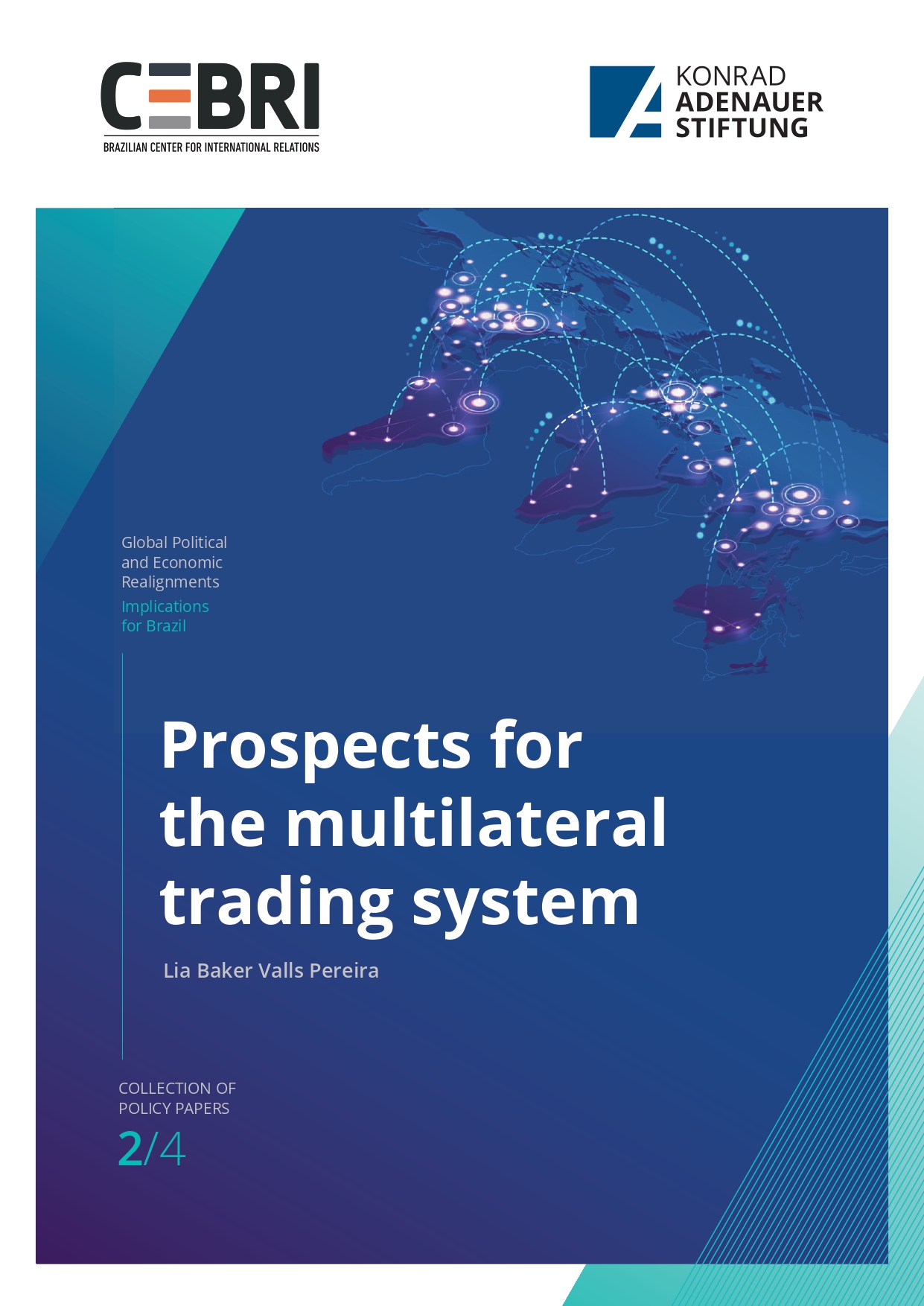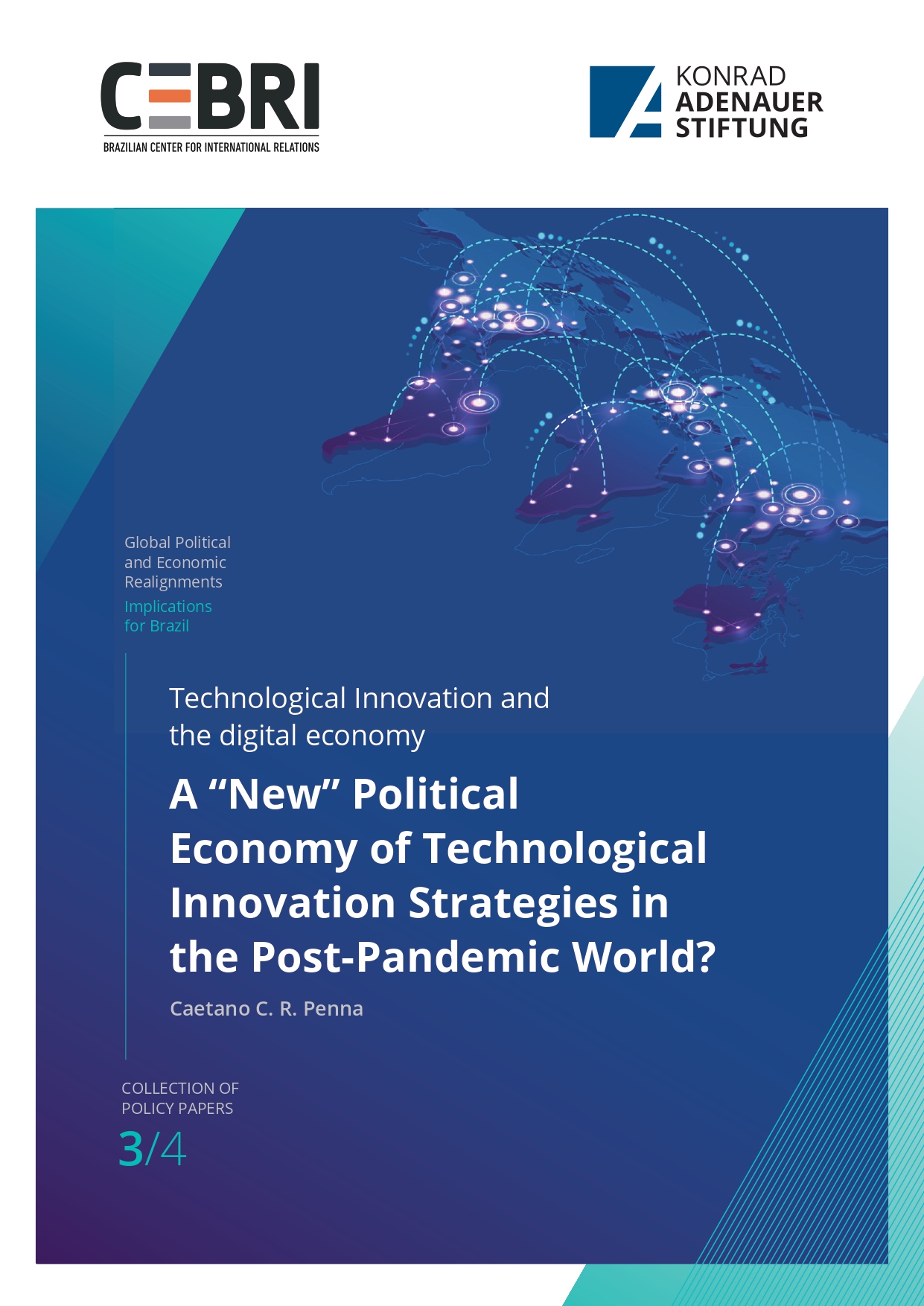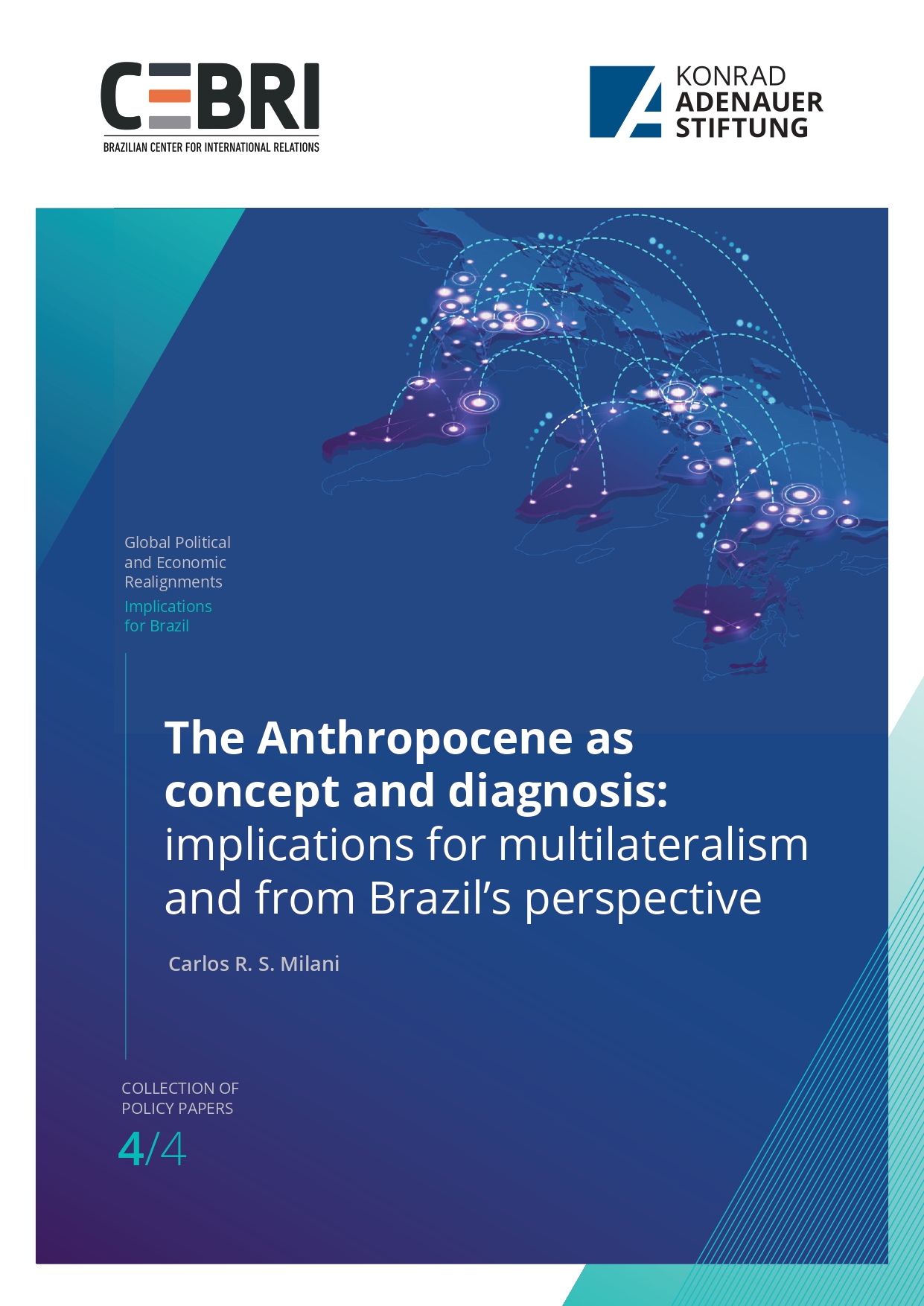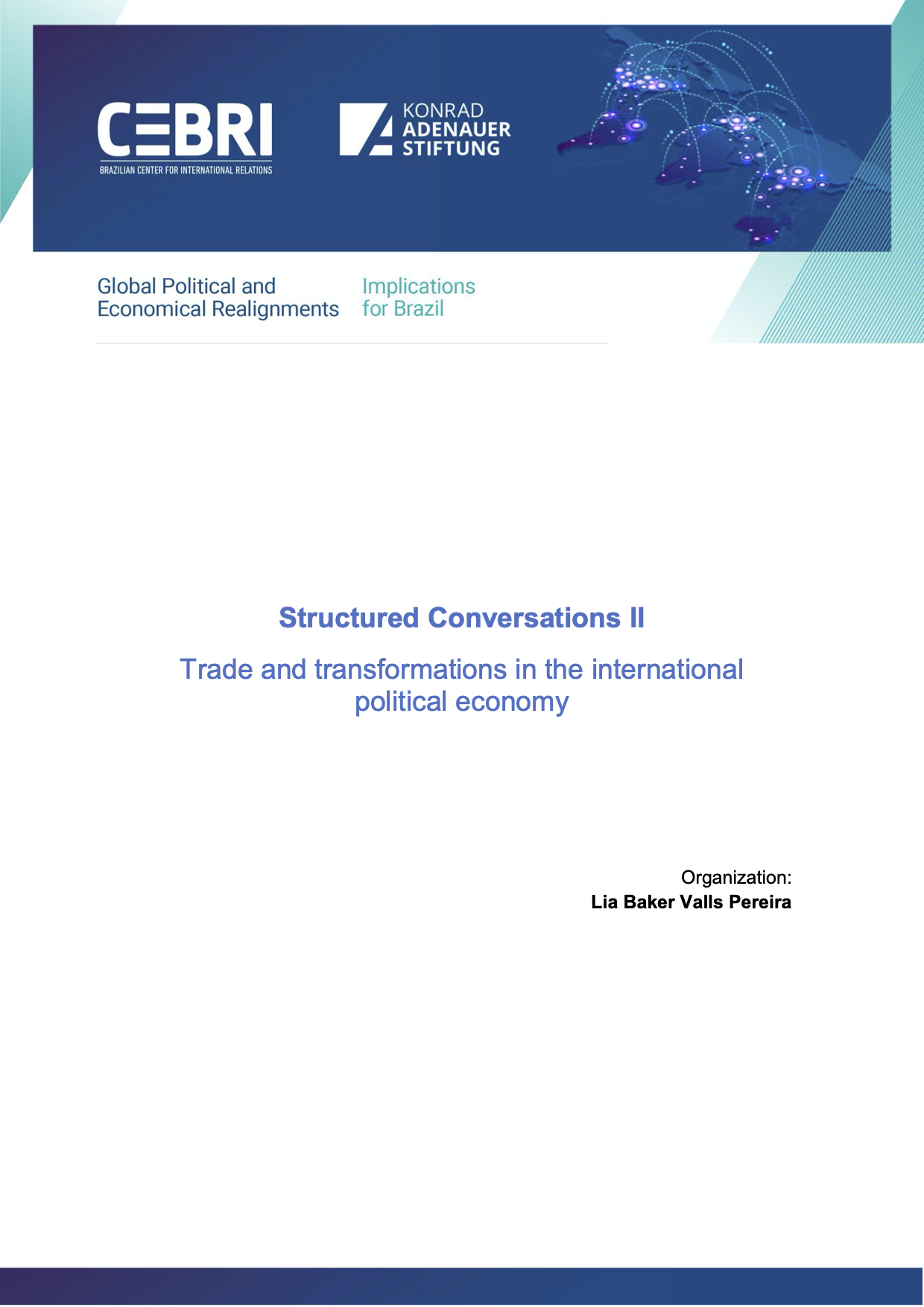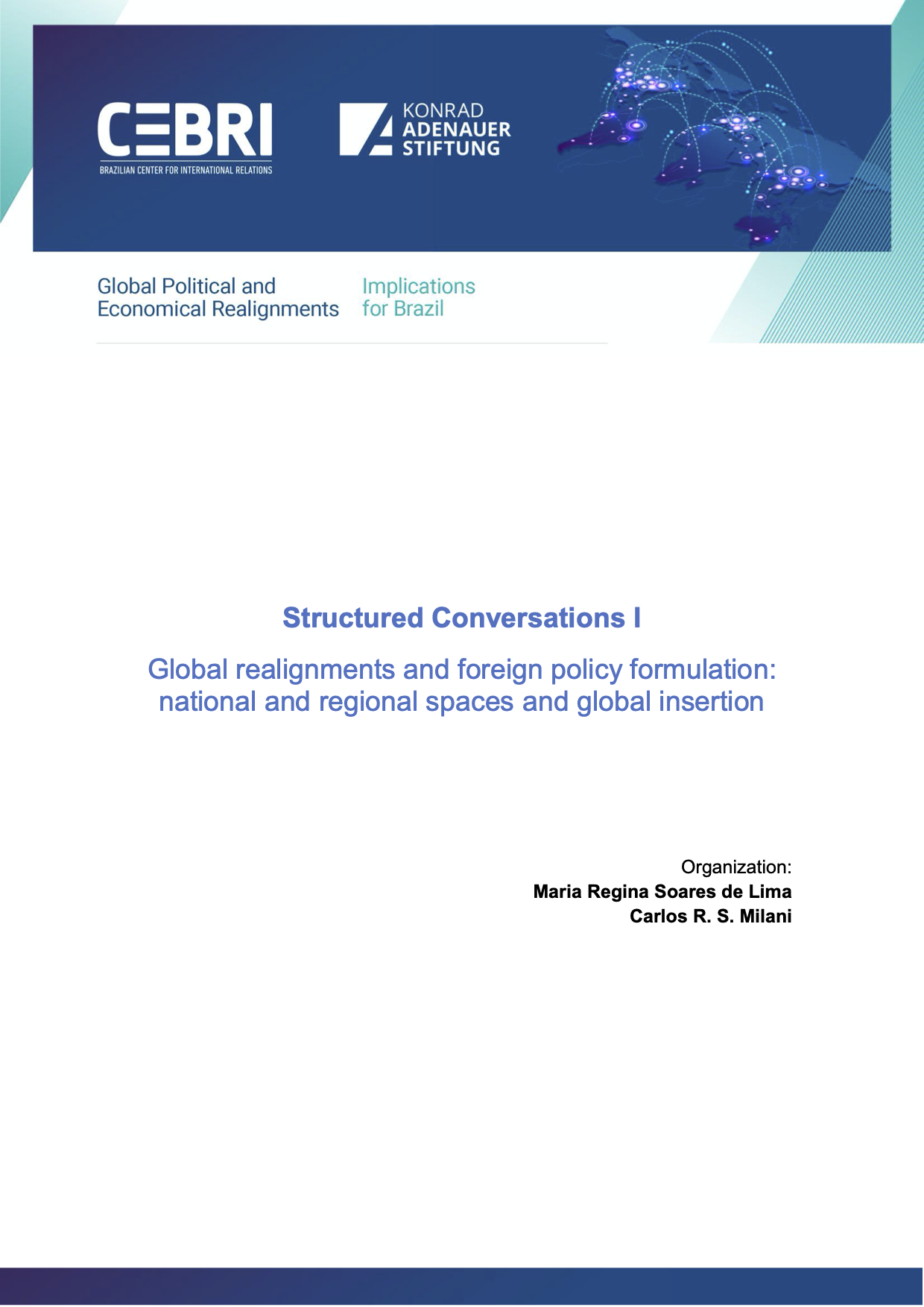Interviews
Structured Conversations III | Geopolitics and the Economics of Innovation
- Multilateralism
- 04 december 2020
What are the implications for peripheral countries of the polarization between the two great powers that invest heavily in innovation? The series of Structured Conversations, from the "Reorientation of Multilateralism" Project, carried out in partnership with the Konrad Adenauer Foundation, discusses the possible directions for global regulation in the areas of trade, innovation, digital economy and sustainability.
Mario Salermo points out "What hinders disruptive innovation is that the head office has all the control. Companies invest in peripheral countries, but they remain in control".
What are the implications for peripheral countries of the polarization between the two great powers that invest heavily in innovation? The series of Structured Conversations, from the "Reorientation of Multilateralism" Project, carried out in partnership with the Konrad Adenauer Foundation, discusses the possible directions for global regulation in the areas of trade, innovation, digital economy and sustainability.
Mario Salermo points out "What hinders disruptive innovation is that the head office has all the control. Companies invest in peripheral countries, but they remain in control".
